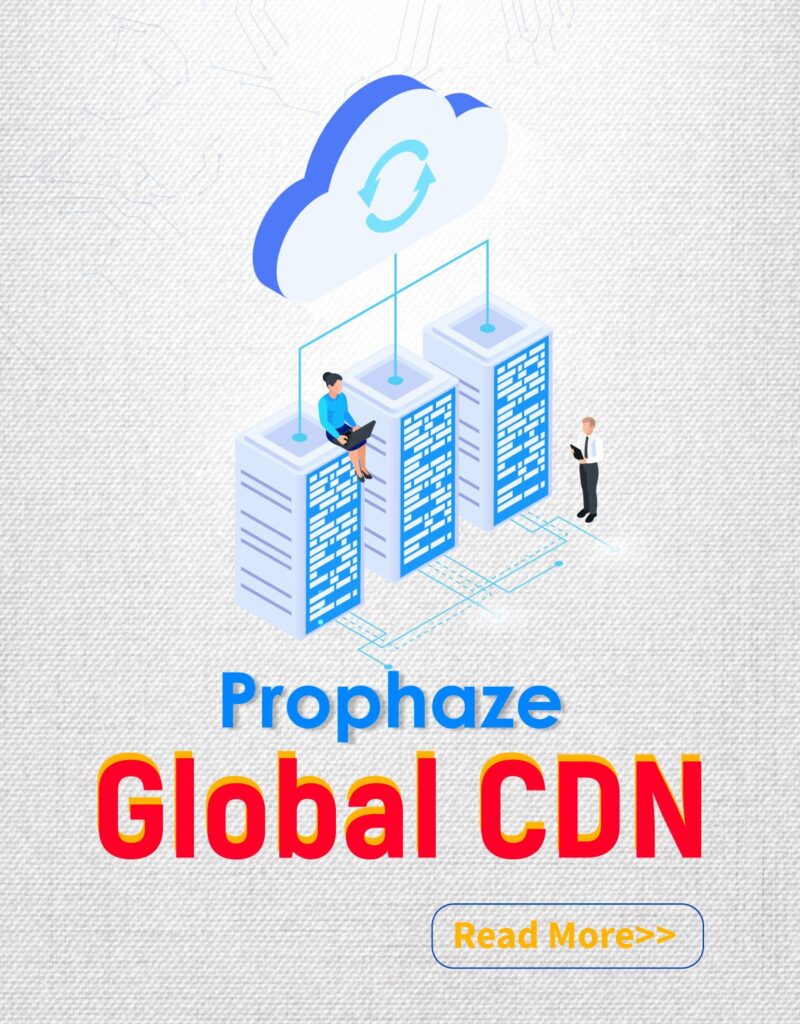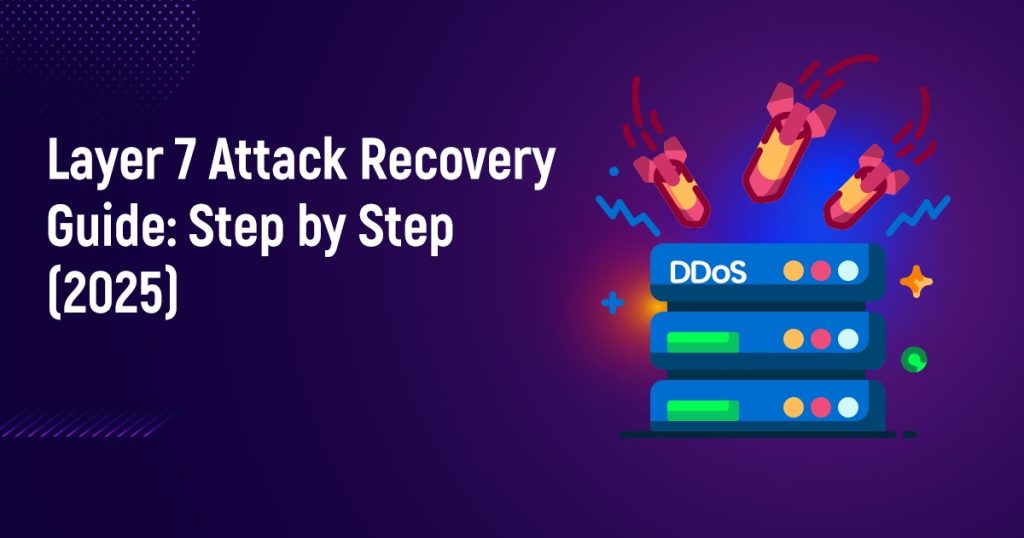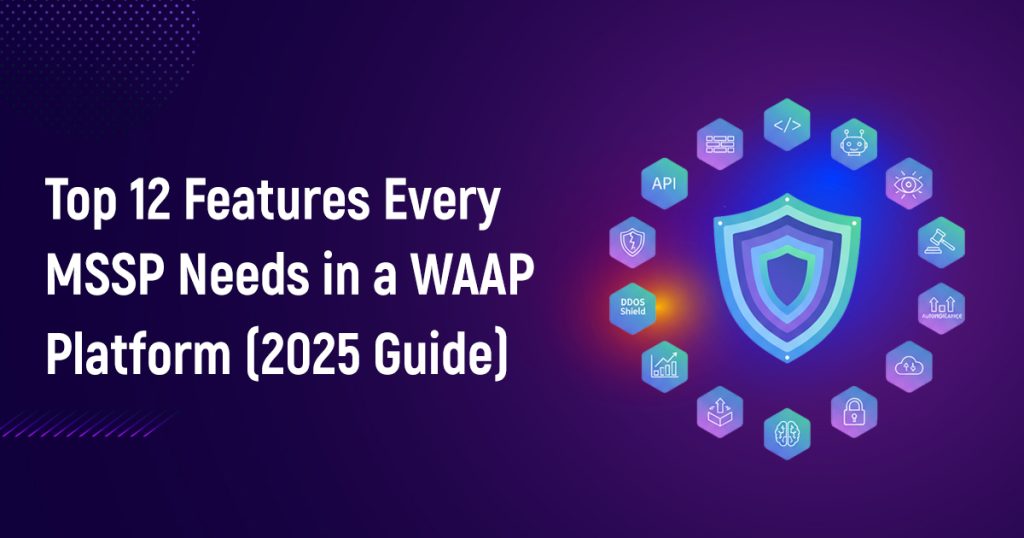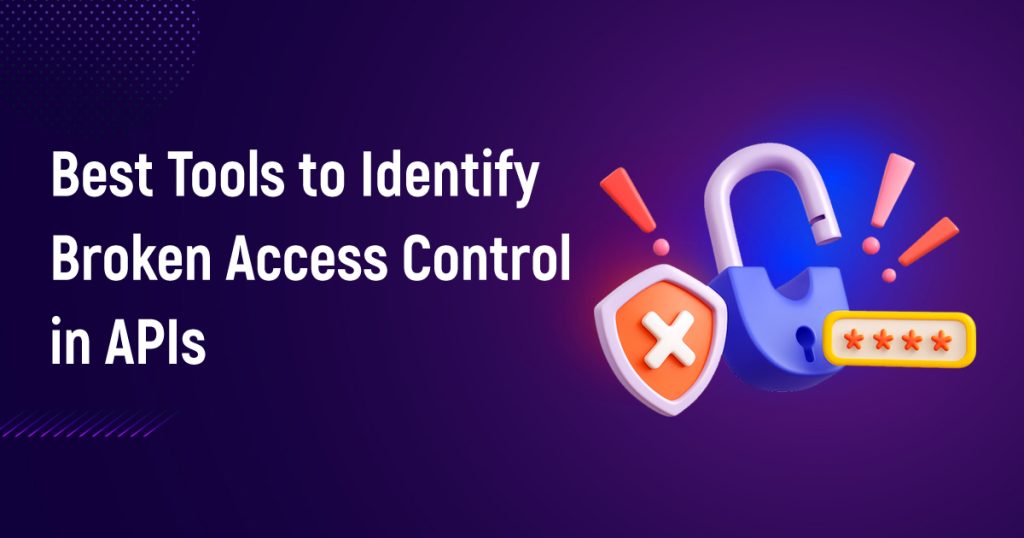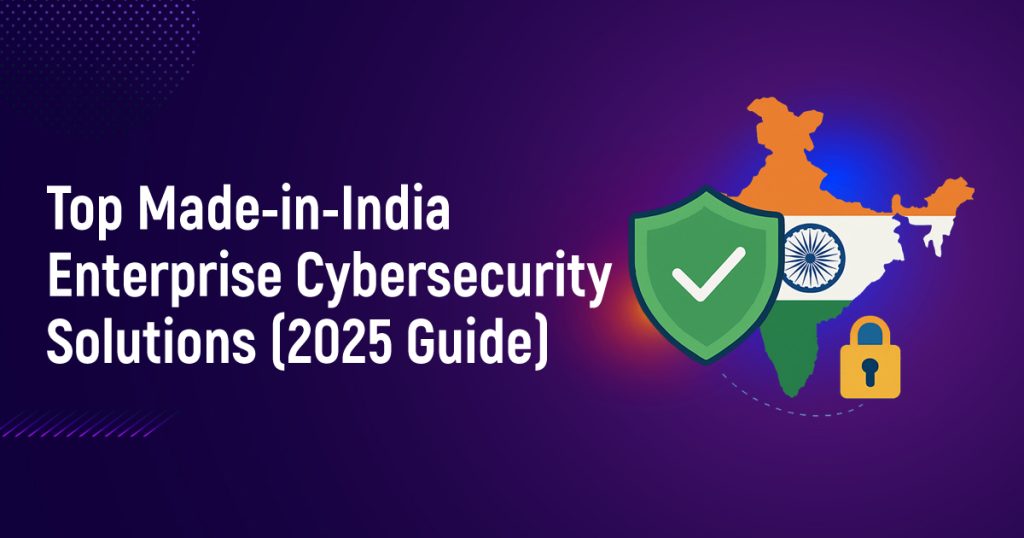Can a CDN Be Hacked?
- 2.8k Views
- 5 min. read
Introduction to CDN
Content Delivery Networks (CDNs) play a crucial role in enhancing website speed, availability, and security by distributing content across multiple servers worldwide. Businesses rely on CDNs to protect against cyber threats like DDoS attacks and ensure seamless user experiences. However, despite their advantages, CDNs are not entirely immune to security risks.
A key concern is whether a CDN can be hacked—a pressing issue as cybercriminals continuously look for vulnerabilities in cached data, API endpoints, and encryption protocols. Attackers exploit weaknesses through cache poisoning, API abuse, SSL stripping, and bot attacks, leading to data breaches, website defacement, and malware distribution.
Understanding CDN Security Risks
A CDN is designed to cache and distribute web materials in many servers worldwide, which reduces latency and enhances user experience. However, this distributed architecture can introduce security weaknesses. Some primary risks include:
Data Breaches
CDNs hold large volumes of data, which makes them appealing targets for hackers looking for unauthorized access.
DDoS Attacks
Distributed Denial-of-Service (DDoS) attacks can overwhelm a CDN’s infrastructure, making web services inaccessible.
Cache Poisoning
Attackers exploit cached information, allowing the CDN to deliver harmful or inaccurate content to users.
Man-in-the-Middle (MITM) Attacks
Intercepting CDN traffic enables attackers to acquire sensitive information.
Domain Hijacking
If a hacker takes over a CDN’s domain configuration, they can reroute traffic to harmful websites.
How Hackers Can Exploit CDNs
While CDNS improves security and performance on the site, they are not immune to cyber threats. Attackers are constantly searching for vulnerabilities in CDN infrastructure, trying to manipulate the cached data, overwhelm resources, or intercept sensitive information. Understanding these attack vectors is crucial to companies to strengthen CDN security.
Cache Poisoning Attacks
Hackers can insert harmful content into a CDN’s cache, resulting in malware spread, website alterations, or phishing attempts. To counter this, CDNs should enforce stringent cache validation, sanitize incoming requests, and ensure content integrity is verified.
DDoS Attacks Against CDNs
Attackers can overwhelm CDNs with volumetric attacks, bypass caching mechanisms with application-layer attacks, or utilize botnets to flood networks. Evolved rate limiting, traffic filtering, and anomaly detection assist in mitigating these threats.
SSL/TLS Exploits
Inadequate encryption may leave data vulnerable to SSL stripping, man-in-the-middle attacks, or TLS replay attacks. To safeguard against these threats, it is vital to implement robust encryption, activate HTTPS Strict Transport Security (HSTS), and frequently update SSL/TLS certificates.
Can a CDN Be Fully Secure?
No systems are completely immune to cyber threats, but a well-configured CDN can greatly minimize the security risk. By implementing proactive security measures, companies can strengthen the CDN defense against attacks.
Strong Authentication and Access Controls
Implementing multi-factor authentication (MFA) for CDN management and limiting access according to user roles helps thwart unauthorized changes and potential security threats.
Secure SSL/TLS Implementation
Employing TLS 1.3 along with robust cipher suites and using certificate pinning bolsters protection against impersonation attacks while ensuring secure encrypted communication.
DDoS Protection Measures
Deploying Web Application Firewalls (WAFs) to filter out malicious traffic and utilizing Anycast routing to distribute DDoS traffic across various locations improves CDN resilience against large-scale attacks.
Regular Security Audits and Monitoring
Constant monitoring of traffic for anomalies and regular penetration testing assist in discovering vulnerabilities before exploitation by attackers.
The Role of AI in CDN Security
AI-powered security solutions enhance the resilience of CDNs against advanced cyber threats. Artificial Intelligence (AI) and Machine Learning (ML) are transforming CDN security. Tools powered by AI can:
-
Detect Anomalies: Detect abnormal traffic patterns that could suggest an attack.
-
Automate Threat Response: Establish immediate defenses against changing threats.
-
Enhance Predictive Security: Examine historical data to foresee and thwart attacks before they happen.
The Future of CDN Security
By anticipating new threats, CDNs can maintain their ability to deliver content safely, quickly, and reliably. As these cyber threats develop, CDN security must evolve accordingly. Important trends for the future include:
-
Zero Trust Architecture (ZTA): Enforcing stringent access controls to guarantee that only authorized users and devices can access the CDN resources.
-
Blockchain for Enhanced Security: Leveraging blockchain technology to authenticate and safeguard CDN transactions and data distribution.
-
5G and Edge Computing Integration: Enhancing security as CDNs grow into edge networks utilizing 5G technology.
Strengthening CDN Security for the Future
Although CDNs improve website performance and security, they can still be targeted by cyber threats. Attackers continuously adapt their methods, taking advantage of vulnerabilities such as cache poisoning, DDoS attacks, and SSL/TLS shortcomings.
To ensure a secure CDN setup, businesses should enforce strong authentication, employ advanced encryption, conduct proactive monitoring, and carry out regular security audits. A properly configured CDN that incorporates multi-layered defenses can greatly reduce risks and provide uninterrupted digital experiences for users.
How Prophaze Enhances CDN Security
Prophaze provides cutting-edge AI-driven security solutions designed to protect CDNs from emerging cyber threats. With intelligent threat detection, real-time monitoring, and automated mitigation, Prophaze guarantees that businesses can protect themselves against DDoS attacks, harmful bot activity, and data breaches.
Prophaze’s Web Application Firewall (WAF) and API security measures protect sensitive data and enhance website performance. By adopting Prophaze’s security solutions, organizations can fortify their CDN defenses, guaranteeing reliability, speed, and strong protection against emerging threats.
Recent Blog Post
Layer 7 Attack Recovery Guide: Step by Step (2025)
September 23, 2025
Top 12 Features Every MSSP Needs in a WAAP Platform (2025 Guide)
September 10, 2025
Top 8 Cybersecurity Challenges Indian Enterprises Face in 2025
September 10, 2025
Best Tools to Identify Broken Access Control in APIs
August 25, 2025

